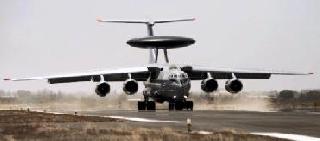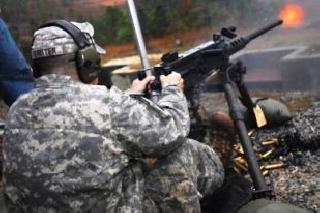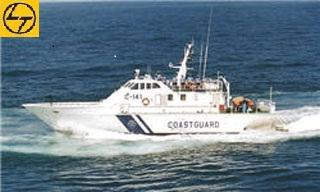
Israel Phalcon Airborne Warning and Control Systems (AWACS). A File Photo
NEW DELHI (PTI): Having already procured three Airborne Warning and Control Systems (AWACS), the Indian Air Force (IAF) is planning to induct ten such eyes for boosting the country's air defence.
In the near future, the IAF will place fresh orders for two more PHALCON AWACS in addition to the three procured earlier.
But in the long run, it has plans of inducting a total of ten such aircraft in its fleet, Defence Ministry officials told PTI here.
With ten aircraft, the IAF hopes to provide round the clock vigil across all the frontiers, the sources said.
India inducted its first AWACS system in Delhi this year and the second was inducted into the fleet in June.
Officials said the third aircraft is expected to join the fleet by the end of this year in December. The AWACS deal was initiated in 2004 between India, Israel and Russia.
The project involved the Israeli Phalcon early-warning radar and communication suites which had to be mounted on the Russian IL-76 heavy-lift military aircraft. The deal was to the tune of USD 1.1 billion.
AWACS has complimented the IAFs capability in terms of detection and the tracking of troop build-ups or aircraft movements in border areas and enemy territories.
Besides detection of incoming cruise missiles and aircraft in a 400 kilometre range in all-weather conditions, AWACS is useful to direct air defence fighters during combat operations against enemy planes.
It will provide a much enhanced situational awareness and the capability to truly project aerospace power.
India is also working on a Rs 1,800 programme to develop its indigenous Airborne Early Warning and Control system, which will be put on the three Embraer-145 jets being acquired for USD 210 million from Brazil.
 Previous Article
Previous Article Next Article
Next Article













The Indian Air Force, in its flight trials evaluation report submitted before the Defence Ministry l..
view articleAn insight into the Medium Multi-Role Combat Aircraft competition...
view articleSky enthusiasts can now spot the International Space Station (ISS) commanded by Indian-American astr..
view article